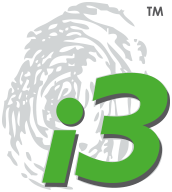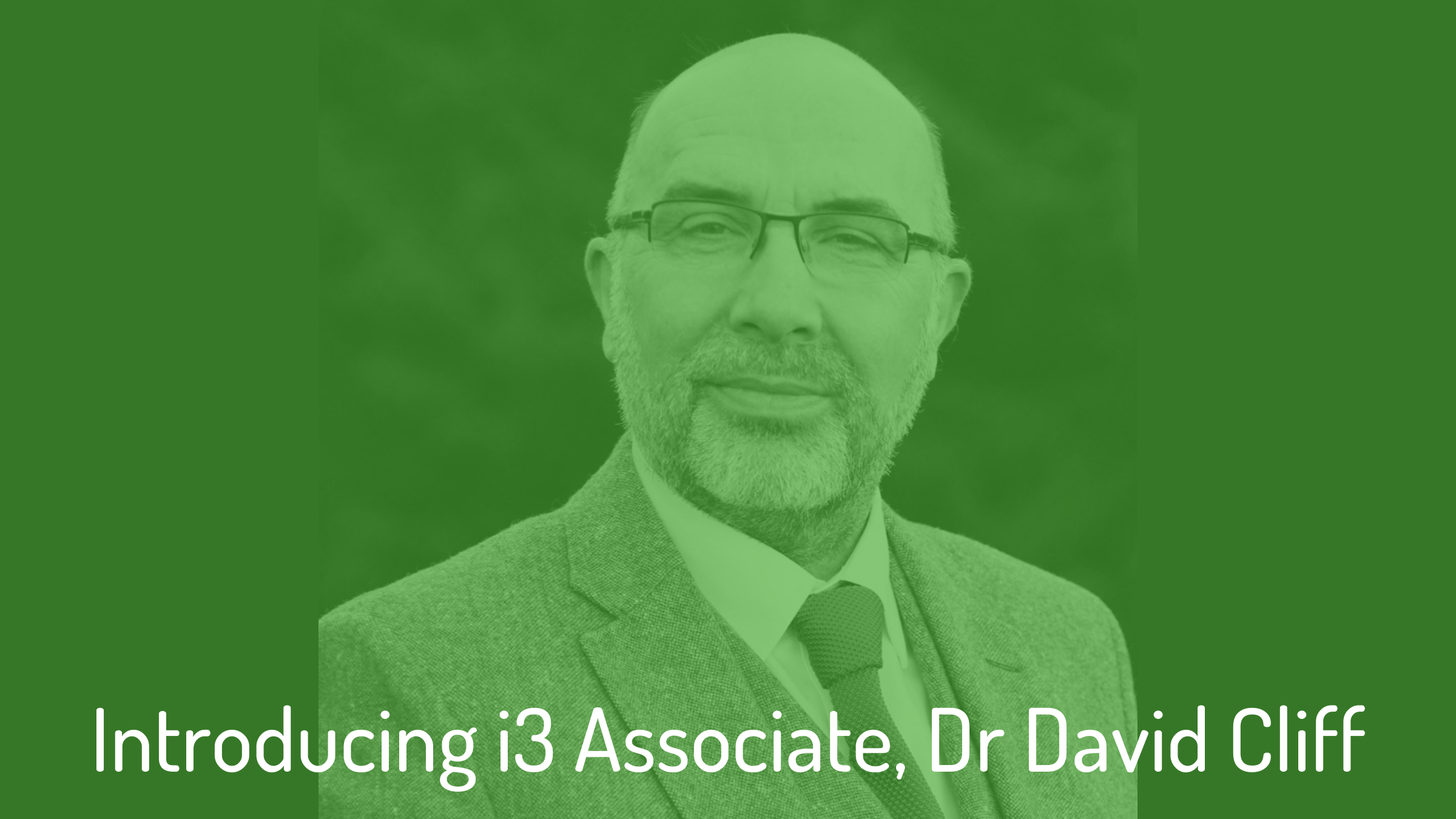Dr David Cliff is Managing Director of Gedanken and an award-winning business mentor.
But…behind the titles and positions is a man who thrives on using his decades of experience, including senior manager posts across the public and private sectors, to help to make a difference to the lives and careers of others.
David’s 30-plus years of experience in business and executive coaching, mediation, counselling, organisational support and individual personal development has seen many thousand hours of face to face practice with people from virtually every work and management discipline.
David became Managing Director of Wearside-based Gedanken in 2006. As well as this post, he is a previous vice chair in the north east for a three-year tenure and a board member with the dual ambassadorial brief of Mentoring and Business Crime reduction.
Why did you become an i3 Coach / i3 Associate?
As a person centered coach I needed some metrics, i3 provided the perfect personality profiling tool as well as an insight into the working environment a person is likely to be most productive and fulfilled within.
Why did you choose i3 in particular?
What really stood out for me about i3 was that the tool shone a light on people and their individuality. I found the tool to be light in use, very simple yet highly useful and impactful. When having your personality profiled people don’t want to be mystified with complicated metrics, they want a clear picture. i3 is very visual which allows for flowing dialogue, people can fully understand themselves and gain self-awareness.
How i3 has impacted you/your business?
I have found that in using the i3 tool the coaching process speeds up as it provides common vocabulary between the coach and client as well as between colleagues who have all been profiled.
It is also hugely beneficial during mediation sessions as it is a neutral tool that enables people to really see one another. It provides a second perceptual position allowing for a greater understanding of how others view the world, ultimately leading to better working relationships.
A very powerful impact that I find i3 commonly has on people is the realisation that being different and unique is something to be celebrated rather than viewing it as a source of conflict.
How did receiving self-awareness from your i3 profile support your achievement of your doctorate?
Obtaining a doctorate was something that I had wanted to do for a long time. However, life always seemed to get in the way, or at least that was my excuse.
It wasn’t until I looked back through my i3 profile that I realised why I had been subconsciously putting it off. My profile stated Enquiring as my lowest personality indicator.
Studying for a Doctorate involves a huge amount of in-depth research which is not something I am naturally inclined to do and whilst using research extensively in my work, I preferred it “off the shelf” so to speak, without the detailed effort involved to actual generate it.
This newfound self-awareness caused a perceptual shift, I knew that in order to complete my Doctorate I would have to dial up my traits that were less dominant, and that’s just what I did.
Having this insight into my personality actually allowed me to enjoy the experience of achieving my Doctorate.
Overall, i3 is a versatile and adaptive tool that is easy to use with no jargon. When in a business setting it provides framework and common ground/language, hugely beneficial for positive discussion.




